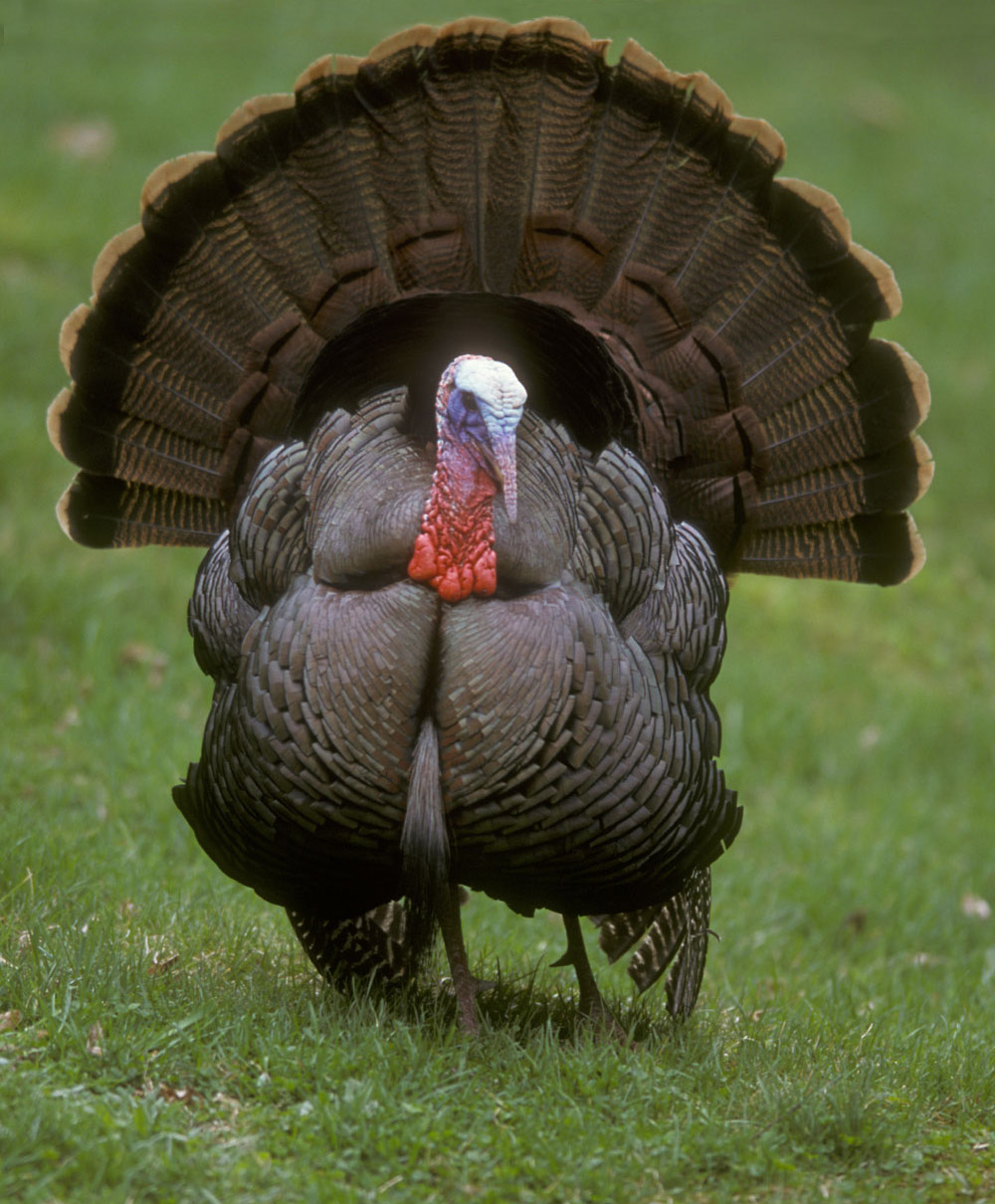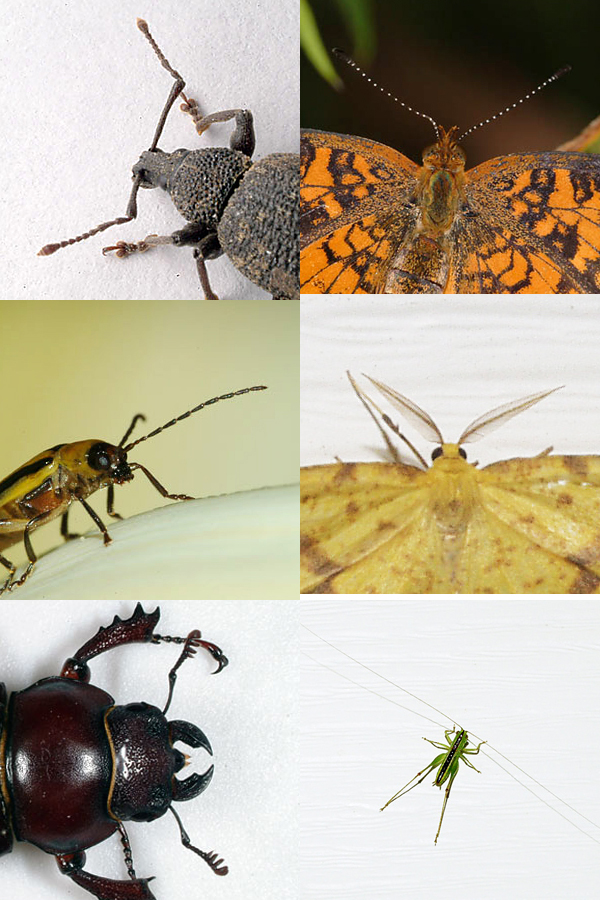|
Tibetan Partridge
The Tibetan partridge (''Perdix hodgsoniae'') is a gamebird in the pheasant family Phasianidae of the order Galliformes. They are found widely across the Tibetan Plateau and have some variations in plumage across populations. They forage on the ground in the sparsely vegetated high altitude regions, moving in pairs during the summer and in larger groups during the non-breeding season. Neither males nor females have spurs on their legs. Description Somewhat different in appearance from the other ''Perdix'' species such as the grey and Daurian partridges this 28–31 cm long partridge has the brown back, blackish belly patch and chestnut flanks of its relatives, but has a striking black and white face pattern, which contrasts with the rufous collar. The forehead, broad supercilium, face and throat are white. A broad black stripe runs down the face from below the eyes and it has a broad chestnut hind neck collar. The upper parts are buff, barred with rufous and black. The other ... [...More Info...] [...Related Items...] OR: [Wikipedia] [Google] [Baidu] |
Brian Houghton Hodgson
Brian Houghton Hodgson (1 February 1800 or more likely 1801 – 23 May 1894) was a pioneer naturalist and ethnologist working in India and Nepal where he was a British Resident. He described numerous species of birds and mammals from the Himalayas, and several birds were named after him by others such as Edward Blyth. He was a scholar of Newar Buddhism and wrote extensively on a range of topics relating to linguistics and religion. He was an opponent of the British proposal to introduce English as the official medium of instruction in Indian schools. Early life Hodgson was the second of seven children of Brian Hodgson (1766–1858) and his wife Catherine (1776–1851), and was born at Lower Beech, Prestbury, Cheshire. His father lost money in a bad bank investment and had to sell their home at Lower Beech. A great-aunt married to Beilby Porteus, the Bishop of London, helped them but the financial difficulties were great. Hodgson's father worked as a warden of the Martello towe ... [...More Info...] [...Related Items...] OR: [Wikipedia] [Google] [Baidu] |
Tibet
Tibet (; ''Böd''; ) is a region in East Asia, covering much of the Tibetan Plateau and spanning about . It is the traditional homeland of the Tibetan people. Also resident on the plateau are some other ethnic groups such as Monpa people, Monpa, Tamang people, Tamang, Qiang people, Qiang, Sherpa people, Sherpa and Lhoba peoples and now also considerable numbers of Han Chinese and Hui people, Hui settlers. Since Annexation of Tibet by the People's Republic of China, 1951, the entire plateau has been under the administration of the People's Republic of China, a major portion in the Tibet Autonomous Region, and other portions in the Qinghai and Sichuan provinces. Tibet is the highest region on Earth, with an average elevation of . Located in the Himalayas, the highest elevation in Tibet is Mount Everest, Earth's highest mountain, rising 8,848.86 m (29,032 ft) above sea level. The Tibetan Empire emerged in the 7th century. At its height in the 9th century, the Tibet ... [...More Info...] [...Related Items...] OR: [Wikipedia] [Google] [Baidu] |
Game Birds
Galliformes is an order of heavy-bodied ground-feeding birds that includes turkeys, chickens, quail, and other landfowl. Gallinaceous birds, as they are called, are important in their ecosystems as seed dispersers and predators, and are often reared by humans for their meat and eggs, or hunted as game birds. The order contains about 290 species, inhabiting every continent except Antarctica, and divided into five families: Phasianidae (including chicken, quail, partridges, pheasants, turkeys, peafowl (peacocks) and grouse), Odontophoridae (New World quail), Numididae (guinea fowl), Cracidae (including chachalacas and curassows), and Megapodiidae (incubator birds like malleefowl and brush-turkeys). They adapt to most environments except for innermost deserts and perpetual ice. Many gallinaceous species are skilled runners and escape predators by running rather than flying. Males of most species are more colorful than the females, with often elaborate courtship behaviors t ... [...More Info...] [...Related Items...] OR: [Wikipedia] [Google] [Baidu] |
Protein
Proteins are large biomolecules and macromolecules that comprise one or more long chains of amino acid residues. Proteins perform a vast array of functions within organisms, including catalysing metabolic reactions, DNA replication, responding to stimuli, providing structure to cells and organisms, and transporting molecules from one location to another. Proteins differ from one another primarily in their sequence of amino acids, which is dictated by the nucleotide sequence of their genes, and which usually results in protein folding into a specific 3D structure that determines its activity. A linear chain of amino acid residues is called a polypeptide. A protein contains at least one long polypeptide. Short polypeptides, containing less than 20–30 residues, are rarely considered to be proteins and are commonly called peptides. The individual amino acid residues are bonded together by peptide bonds and adjacent amino acid residues. The sequence of amino acid residue ... [...More Info...] [...Related Items...] OR: [Wikipedia] [Google] [Baidu] |
Insect
Insects (from Latin ') are pancrustacean hexapod invertebrates of the class Insecta. They are the largest group within the arthropod phylum. Insects have a chitinous exoskeleton, a three-part body ( head, thorax and abdomen), three pairs of jointed legs, compound eyes and one pair of antennae. Their blood is not totally contained in vessels; some circulates in an open cavity known as the haemocoel. Insects are the most diverse group of animals; they include more than a million described species and represent more than half of all known living organisms. The total number of extant species is estimated at between six and ten million; In: potentially over 90% of the animal life forms on Earth are insects. Insects may be found in nearly all environments, although only a small number of species reside in the oceans, which are dominated by another arthropod group, crustaceans, which recent research has indicated insects are nested within. Nearly all insects hatch from eggs. ... [...More Info...] [...Related Items...] OR: [Wikipedia] [Google] [Baidu] |
Bird Migration
Bird migration is the regular seasonal movement, often north and south along a flyway, between breeding and wintering grounds. Many species of bird migrate. Migration carries high costs in predation and mortality, including from hunting by humans, and is driven primarily by the availability of food. It occurs mainly in the northern hemisphere, where birds are funneled onto specific routes by natural barriers such as the Mediterranean Sea or the Caribbean Sea. Migration of species such as storks, turtle doves, and swallows was recorded as many as 3,000 years ago by Ancient Greek authors, including Homer and Aristotle, and in the Book of Job. More recently, Johannes Leche began recording dates of arrivals of spring migrants in Finland in 1749, and modern scientific studies have used techniques including bird ringing and satellite tracking to trace migrants. Threats to migratory birds have grown with habitat destruction, especially of stopover and wintering sites, as wel ... [...More Info...] [...Related Items...] OR: [Wikipedia] [Google] [Baidu] |
Dwarf Juniper
Dwarf or dwarves may refer to: Common uses *Dwarf (folklore), a being from Germanic mythology and folklore * Dwarf, a person or animal with dwarfism Arts, entertainment, and media Fictional entities * Dwarf (''Dungeons & Dragons''), a humanoid race *Dwarf (Middle-earth), a humanoid race in J. R. R. Tolkien's literature * Dwarf (''Warhammer''), a humanoid race * Dwarfs (''Discworld''), a race of characters * Dwarves (''Artemis Fowl''), a race of characters * Dwarves (''Warcraft''), a short, strong race *Dwarves (Marvel Comics) Literature * ''The Dwarf'' (Cho novel), a 1978 novel by Cho Se-hui * ''The Dwarf'' (Lagerkvist novel), a 1944 novel by Pär Lagerkvist Other arts, entertainment, and media * ''Dwarfs?!'' (video game) *Dwarves (band), American punk band *Killer Dwarfs, Canadian heavy metal band *Wrocław's dwarfs, small sculptures in Wrocław, Poland Biology *Phyletic dwarfism, an average decrease in size of animals **Insular dwarfism, a evolutionary condition caused by ge ... [...More Info...] [...Related Items...] OR: [Wikipedia] [Google] [Baidu] |
Rhododendron
''Rhododendron'' (; from Ancient Greek ''rhódon'' "rose" and ''déndron'' "tree") is a very large genus of about 1,024 species of woody plants in the heath family (Ericaceae). They can be either evergreen or deciduous. Most species are native to eastern Asia and the Himalayan region, but smaller numbers occur elsewhere in Asia, and in North America, Europe and Australia. It is the national flower of Nepal, the state flower of Washington and West Virginia in the United States, the state flower of Nagaland in India, the provincial flower of Jiangxi in China and the state tree of Sikkim and Uttarakhand in India. Most species have brightly colored flowers which bloom from late winter through to early summer. Azaleas make up two subgenera of ''Rhododendron''. They are distinguished from "true" rhododendrons by having only five anthers per flower. Species Description ''Rhododendron'' is a genus of shrubs and small to (rarely) large trees, the smallest species growing to t ... [...More Info...] [...Related Items...] OR: [Wikipedia] [Google] [Baidu] |
China
China, officially the People's Republic of China (PRC), is a country in East Asia. It is the world's most populous country, with a population exceeding 1.4 billion, slightly ahead of India. China spans the equivalent of five time zones and borders fourteen countries by land, the most of any country in the world, tied with Russia. Covering an area of approximately , it is the world's third largest country by total land area. The country consists of 22 provinces, five autonomous regions, four municipalities, and two Special Administrative Regions (Hong Kong and Macau). The national capital is Beijing, and the most populous city and financial center is Shanghai. Modern Chinese trace their origins to a cradle of civilization in the fertile basin of the Yellow River in the North China Plain. The semi-legendary Xia dynasty in the 21st century BCE and the well-attested Shang and Zhou dynasties developed a bureaucratic political system to serve hereditary monarchies, or dyna ... [...More Info...] [...Related Items...] OR: [Wikipedia] [Google] [Baidu] |
Bhutan
Bhutan (; dz, འབྲུག་ཡུལ་, Druk Yul ), officially the Kingdom of Bhutan,), is a landlocked country in South Asia. It is situated in the Eastern Himalayas, between China in the north and India in the south. A mountainous country, Bhutan is known as "Druk Yul," or "Land of the Thunder Dragon". Nepal and Bangladesh are located near Bhutan but do not share a land border. The country has a population of over 727,145 and territory of and ranks 133rd in terms of land area and 160th in population. Bhutan is a Constitutional Democratic Monarchy with King as head of state and Prime Minister as head of government. Mahayana and Vajrayana Buddhism is the state religion and the Je Khenpo is the head of state religion. The subalpine Himalayan mountains in the north rise from the country's lush subtropical plains in the south. In the Bhutanese Himalayas, there are peaks higher than above sea level. Gangkhar Puensum is Bhutan's highest peak and is the highest uncl ... [...More Info...] [...Related Items...] OR: [Wikipedia] [Google] [Baidu] |
Sikkim
Sikkim (; ) is a state in Northeastern India. It borders the Tibet Autonomous Region of China in the north and northeast, Bhutan in the east, Province No. 1 of Nepal in the west and West Bengal in the south. Sikkim is also close to the Siliguri Corridor, which borders Bangladesh. Sikkim is the least populous and second smallest among the Indian states. Situated in the Eastern Himalaya, Sikkim is notable for its biodiversity, including alpine and subtropical climates, as well as being a host to Kangchenjunga, the highest peak in India and third highest on Earth. Sikkim's capital and largest city is Gangtok. Almost 35% of the state is covered by Khangchendzonga National Park – a UNESCO World Heritage Site. The Kingdom of Sikkim was founded by the Namgyal dynasty in the 17th century. It was ruled by Buddhist priest-kings known as the Chogyal. It became a princely state of British India in 1890. Following Indian independence, Sikkim continued its protectorate status with ... [...More Info...] [...Related Items...] OR: [Wikipedia] [Google] [Baidu] |
Nepal
Nepal (; ne, नेपाल ), formerly the Federal Democratic Republic of Nepal ( ne, सङ्घीय लोकतान्त्रिक गणतन्त्र नेपाल ), is a landlocked country in South Asia. It is mainly situated in the Himalayas, but also includes parts of the Indo-Gangetic Plain, bordering the Tibet Autonomous Region of China to the north, and India in the south, east, and west, while it is narrowly separated from Bangladesh by the Siliguri Corridor, and from Bhutan by the Indian state of Sikkim. Nepal has a diverse geography, including fertile plains, subalpine forested hills, and eight of the world's ten tallest mountains, including Mount Everest, the highest point on Earth. Nepal is a multi-ethnic, multi-lingual, multi-religious and multi-cultural state, with Nepali as the official language. Kathmandu is the nation's capital and the largest city. The name "Nepal" is first recorded in texts from the Vedic period of the India ... [...More Info...] [...Related Items...] OR: [Wikipedia] [Google] [Baidu] |







